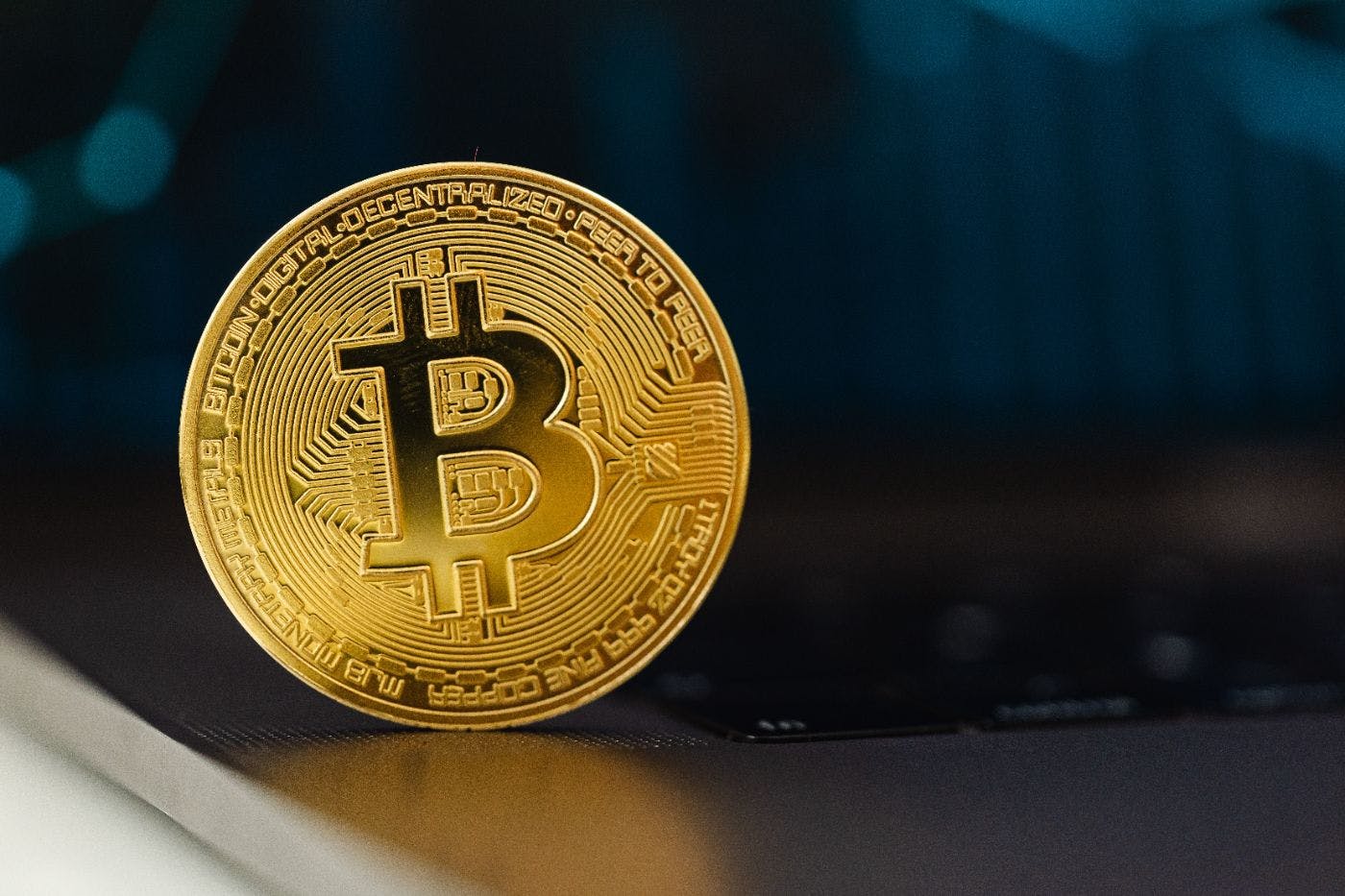504 reads
Cryptocurrency in 2023: What To Know Before Investing Your First $10
by
March 3rd, 2023
Audio Presented by

I write long-form content on cryptocurrrency, Web3, and Artificial Intelligence.
About Author
I write long-form content on cryptocurrrency, Web3, and Artificial Intelligence.
